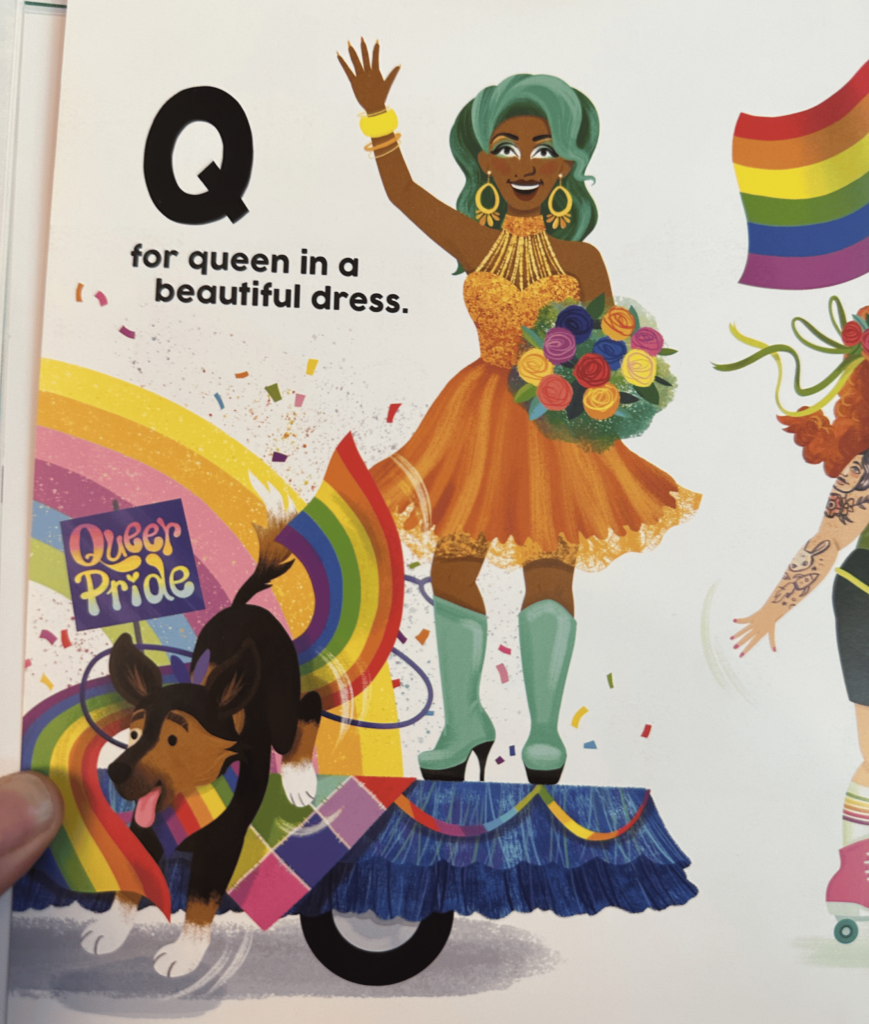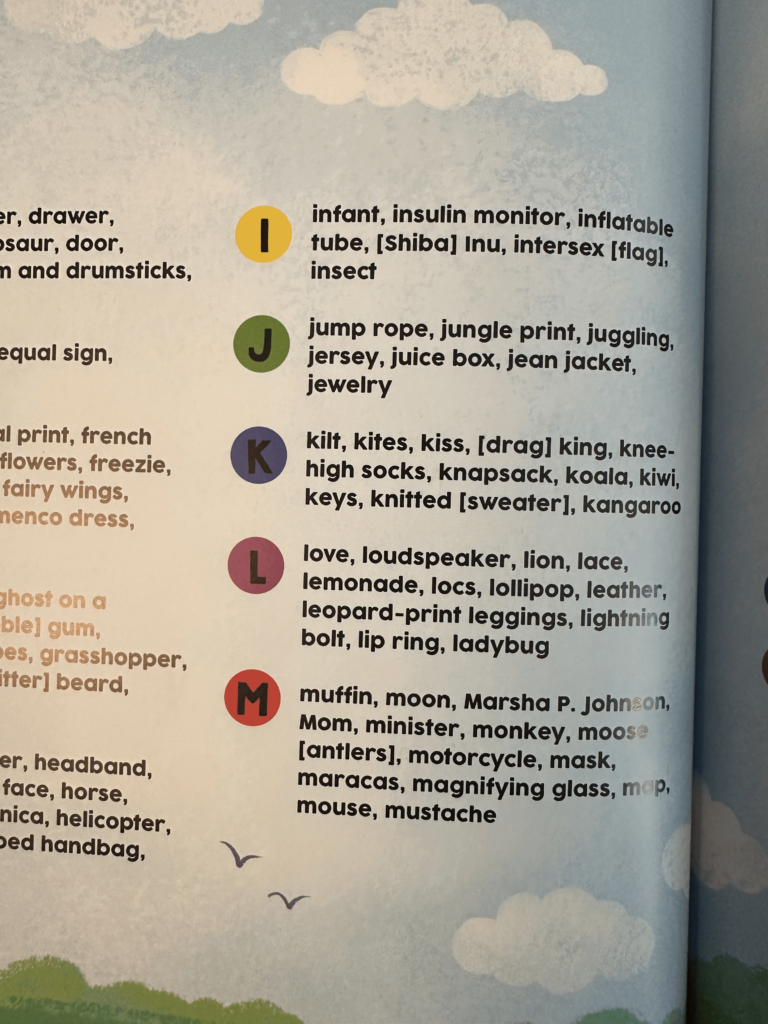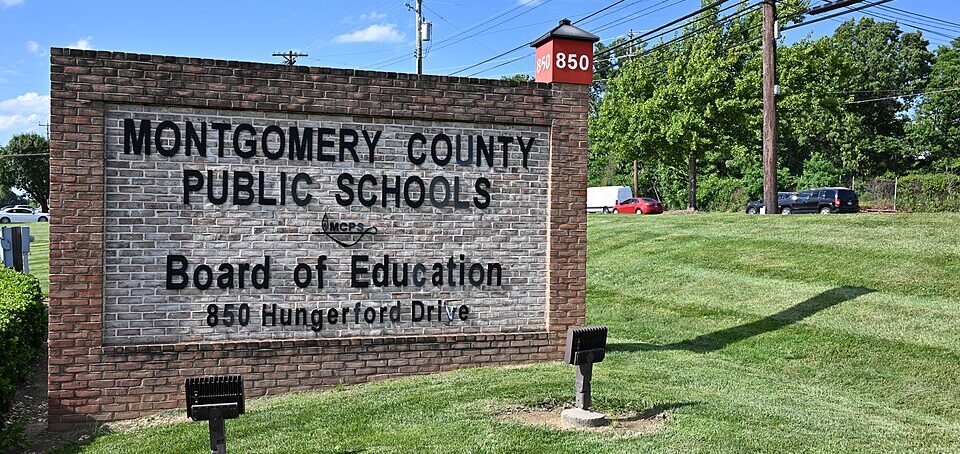About two years ago, I was driving through Montgomery County, Maryland, with a car full of my kids, heading to one of their favorite destinations: the car wash. It’s the little things in life.
As we cruised down Hungerford Drive, I noticed a large group of parents holding signs and protesting our county’s Board of Education. Their messages focused on liberty and religious freedom. “Those are my people,” I thought. I made a U-turn to find out more.
I parked and started talking to some of the parents. Almost immediately, I saw the crowd was overwhelmingly Muslim — most of the women wore hijabs. They explained they were protesting a sudden policy change by the board that rescinded their right to opt their children out of books focused on gender identity and sexual orientation in their public school classrooms.
As someone who had just written a book titled Stolen Youth: How Radicals Are Erasing Innocence and Indoctrinating a Generation, I was floored. A major front in the fight over parental rights and childhood innocence was happening right in my backyard.
Before I could dig deeper, my kids reminded me about the car wash—non-negotiable. So I left, but not before grabbing the contact info for the lead organizer: a burly, passionate dad named Wael Elkoshairi. He told me the group would be back at the next school board meeting. I promised I’d be there too.
At the next protest, I showed up with my kids, who were still in their rainbow tie-dye summer camp uniform t-shirts — a wardrobe choice that didn’t exactly inspire confidence among the protesters. A few side-eyes later, I won them over with a simple question: “How many woke activists have six kids?”
That day happened to be a Muslim fast day, but hundreds of parents still showed up. Later in the afternoon, we faced a downpour, and yet they stayed. Dozens testified before the school board. One student, brave and composed, explained how the policy violated her religious beliefs and how deeply uncomfortable she felt in a classroom while these books were read and discussed among her peers. A board member with a rainbow bumper sticker on her laptop didn’t even blink. No acknowledgment. No questions. Just silence.
As the summer wore on, the protests grew. And so did the resistance from the school board.
Board member Lynne Harris publicly questioned whether a Muslim student was merely “parroting dogma” from her parents. When I confronted her during my own school board campaign about those remarks, she denied saying it, though the local outlet Montgomery 360 had her on record.
Meanwhile, Councilmember Kristin Mink said the controversy put Muslim families “on the same side as white supremacists and bigots,” though she later tried to say the Muslims she spoke with didn’t fall into that category. The damage was done. The Council on American-Islamic Relations (CAIR) quickly condemned both Harris and Mink.
As protests intensified and media coverage increased, the board took extreme steps to avoid scrutiny, blocking both residents and press (including myself and Matt Foldi from The Spectator) from entering meetings. We’ve since filed a lawsuit with America First Legal, citing violations of Maryland’s Open Meetings Act.
Parents pursued legal recourse as well. After losing in district court, they appealed to the Fourth Circuit, which upheld the board’s policy rescinding parental opt-outs. The Becket Fund for Religious Liberty took the case to the U.S. Supreme Court, which heard oral arguments on April 22, 2025. A ruling is expected this summer.
Montgomery County Public Schools’ legal fight against parents hasn’t been cheap. Experts estimated to me that the district has spent between $1 and 2 million defending the policy. That’s a staggering figure, especially considering only 55.3% of students demonstrated proficiency on state English tests last year.
One of the parents involved in the suit against Montgomery County, Grace Morrison, has a disabled adopted daughter who was an MCPS student until they withdrew her due to the removal of the ability to opt-out of curriculum that Morrison felt was in violation of her religious beliefs. The Morrisons homeschooled their first six children, but felt that public school would be the best place for their daughter, given her learning needs.
Toward the end of the 2022-2023 school year, Grace Morrison requested to opt her daughter out of a LGBTQ storybook reading that the school planned to read to students. Despite the fact that a similar opt-out request by Morrison had been previously honored, this request was denied.








At the beginning of the following school year, Grace asked her daughter’s teacher for a schedule so she could know when the storybook instruction would take place. Again, she was refused and told that perhaps “public school wasn’t right” for her family if they couldn’t agree to their daughter reading the material required.
Morrison told me that while she previously enjoyed a positive and open relationship with her child’s teachers, when the opt-out was removed, she felt that “an instant wall went up and she was completely cut out of this part of her education.” She went on to explain, “It felt like a betrayal.”
As a result, Grace and her husband, devout Catholics and the parents of seven children total, felt they were religiously compelled to remove their daughter from school. That decision came at an extreme cost. Their daughter’s special education therapies, which were once provided free of charge through the school district, then had to be privately obtained, to the tune of tens of thousands of dollars. Securing these therapies, which often are not covered by insurance in full or at all, became an enormous expenditure not just financially but also of time for the Morrison family, who were left shuttling her from appointment to appointment, while also navigating homeschooling a child with complex needs.
The Supreme Court is expected to rule on the case in late June or July, with many predicting, given how oral arguments went, a decisive victory for parents like Morrison. Vox, sounding distraught, reported, “Despite all this uncertainty, all six of the Supreme Court’s Republicans appeared absolutely convinced, during an oral argument on Tuesday, that the Montgomery County school district violated the Constitution, and that it must do more to protect parents who object to these books on religious grounds.”
The truth is these parents shouldn’t have had to go all the way to the Supreme Court in the first place. But luckily for families all across the country, the parents of Montgomery County—many of them immigrants, many of them Muslim—were willing to do so to protect childhood and uphold religious freedom. They stood in the heat, in fasting, in faith, and in fierce defense of their kids.
And they may be about to change the law for the entire nation.










